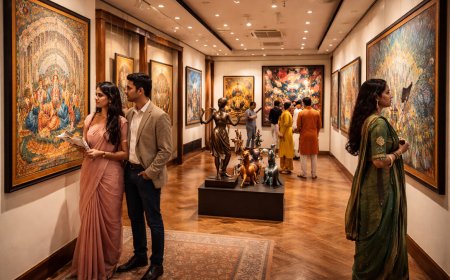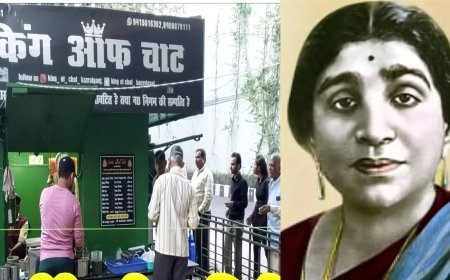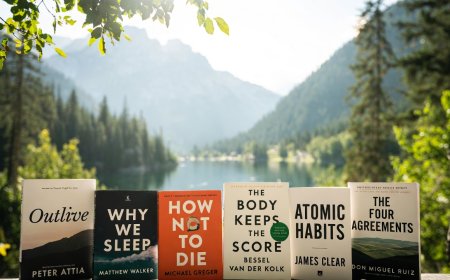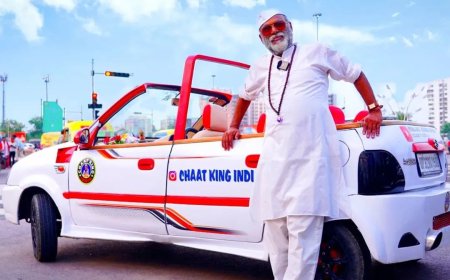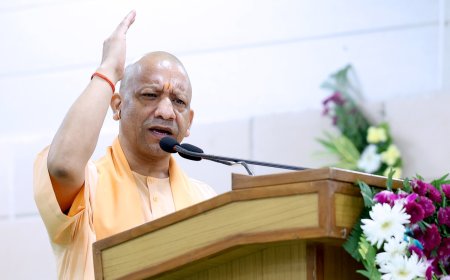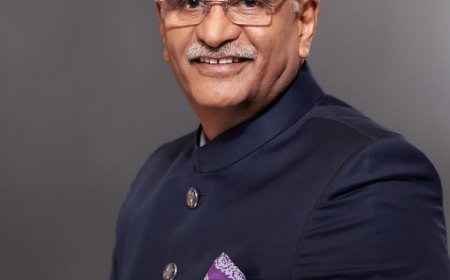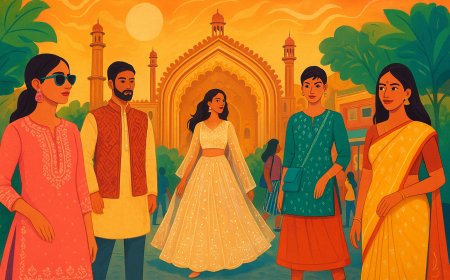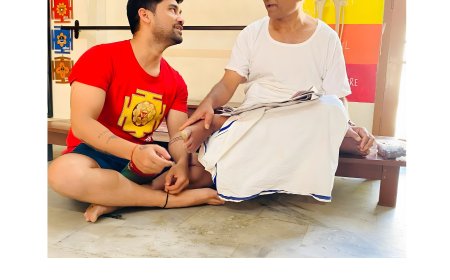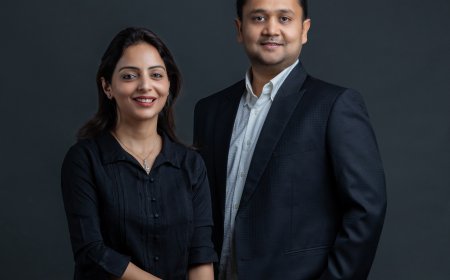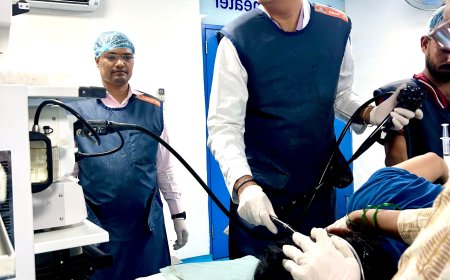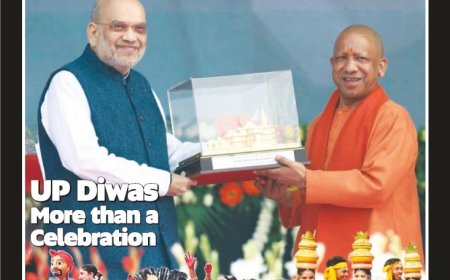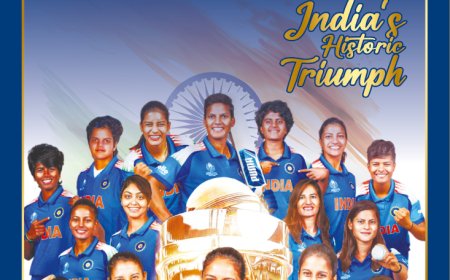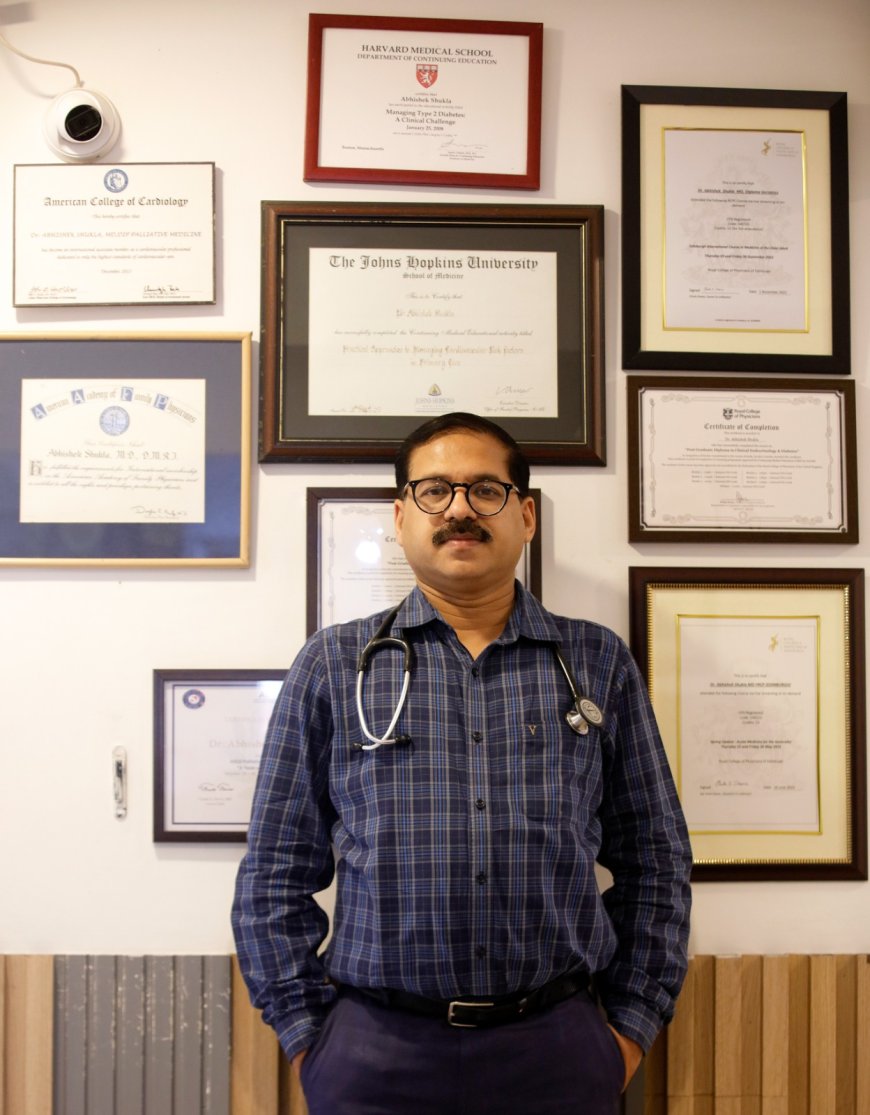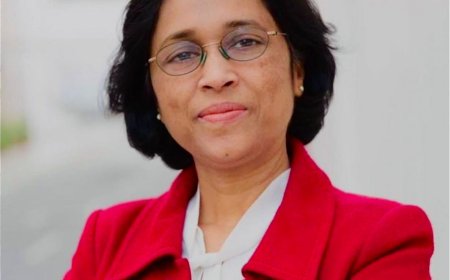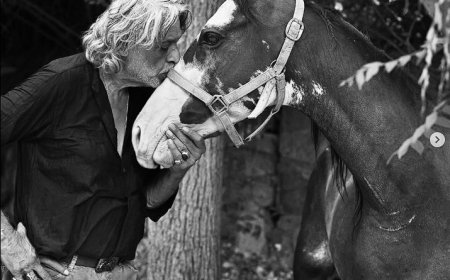Dr. Abhishek Shukla’s Exclusive Interview
Aging with Dignity: Dr. Abhishek Shukla’s Vision for Elder Care in India
Arijit Bose
In a heartfelt conversation, Dr. Abhishek Shukla, Founder of Aastha Geriatric Hospital, shares his inspiring journey into geriatrics, a field where compassion meets clinical excellence. From championing holistic elder care to pioneering initiatives like the Giving Saturday project, Dr. Shukla emphasizes that aging is a phase to be embraced with dignity. He discusses misconceptions about aging, the importance of family in care, and his dream of building India’s most compassionate elder-care ecosystem. EXCERPTS
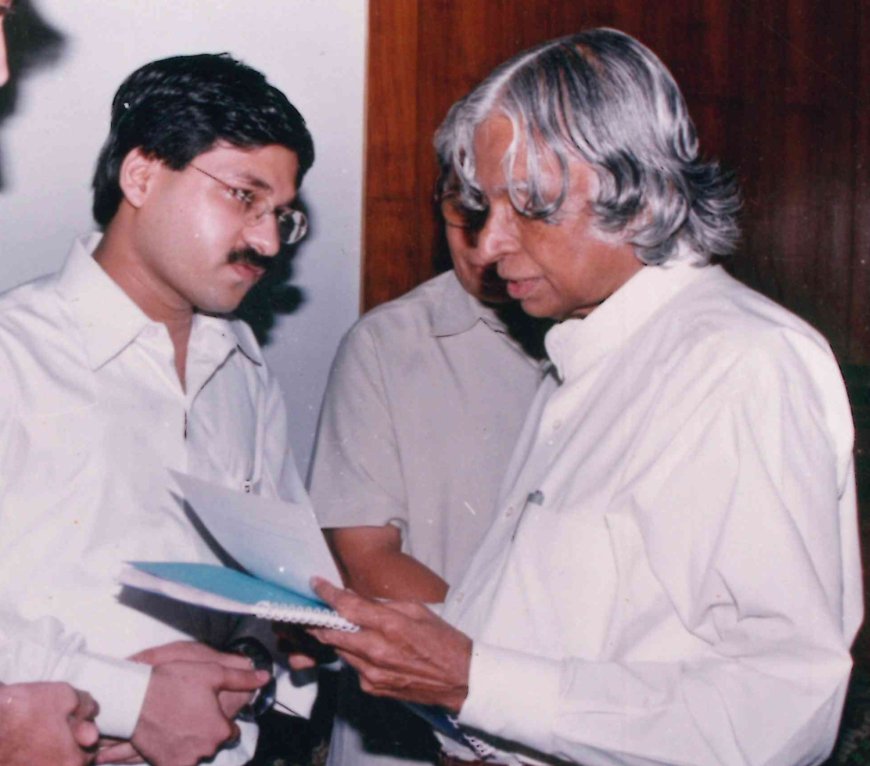
1. What inspired you to specialize in geriatrics, and what do you find most rewarding about working with elderly patients?
What I find most rewarding is the trust they place in us and the deep sense of gratitude they express, even for the smallest gestures. Geriatric medicine lets me treat the person, not just the disease. Helping someone walk again after a fall or restoring dignity to a bedridden patient is more satisfying than any textbook cure.
2. Aastha Geriatric Hospital seems to offer a holistic approach to care. Can you elaborate on your treatment philosophy and how it benefits your patients?
At Aastha, we strongly believe aging is not a disease, it’s a phase of life that deserves compassion, continuity, and dignity. Our approach is deeply interdisciplinary. Our team of geriatricians, neurologists, psychiatrists, palliative care specialists, and therapists work together, guided by one core philosophy, “Care beyond cure.”
One of our most loved initiatives is the Giving Saturday project. Every Saturday, we distribute assistive devices like adult diapers, walkers, wheelchairs, and medicines to those who cannot afford them. It’s not just charity, it’s a celebration of community care. We’ve seen how a simple wheelchair or hearing aid can dramatically restore someone's confidence.
Our care model doesn’t just improve health outcomes, it nurtures emotional wellbeing, prevents caregiver burnout, and brings families closer.
3. What are some common misconceptions about aging and elderly healthcare that you often encounter?
One of the most harmful myths is that aging automatically means decline. Families often assume that memory loss, weakness, or incontinence are just "normal" parts of aging. They aren't. These are often signs of treatable conditions like dementia, vitamin deficiencies, or depression.
Another misconception is that older adults don’t adapt to technology or new interventions. That’s untrue, we’ve had patients in their 80s who love using telehealth services and enjoy music or memory therapy via digital platforms. The issue isn’t resistance, it’s access and encouragement.
Through education camps and caregiver sessions, we constantly address these myths and empower families to look at aging with respect and realism.
4. How does Aastha Geriatric Hospital cater to elderly patients with chronic conditions or dementia?
Our dementia care program is comprehensive and personalized. We have specialized dementia wards with calming environments, trained caregivers, memory stimulation activities, and behavioral support. Dementia is not just a medical condition, it’s a social and emotional crisis for families. We guide them through that journey.
For chronic illnesses like stroke, Parkinson’s, or COPD, we offer physiotherapy, nutritional therapy, palliative support, and counseling. Our goal is not just survival, but better quality of life. We help patients regain independence in small ways, whether it’s walking to the bathroom unassisted or remembering a grandchild’s name.
5. What role do families play in care at Aastha, and how do you support them?
Families are at the heart of the care we provide. We involve them from day one, educating them about disease progression, teaching them techniques to care for their loved ones, and preparing them for changes ahead.
We also offer caregiver support groups and respite care to help families recharge emotionally and physically. For those without families, like the abandoned elderly, we step in as caregivers, advocates, and companions. For us, caregiving goes beyond prescriptions, it’s about presence.
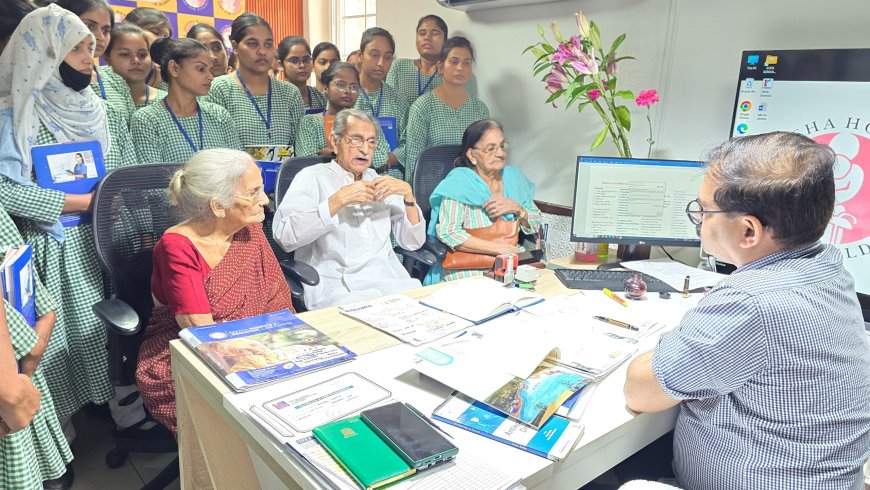
6. What innovations or new services have you introduced at Aastha recently?
We’ve embraced innovation both in technology and human-centered care. We’ve begun using wearable health monitors and fall detectors to prevent hospitalizations. Our electronic care plans allow all specialists involved to track a patient’s progress in real time.
Beyond technology, innovation lies in our outreach. Through our Giving Saturday initiative, we’ve created a weekly tradition of care that engages the public, staff, and volunteers alike. It breaks the myth that elder care is only a family’s burden, it becomes a collective social responsibility.
7. How do you approach palliative care and end-of-life care for terminally ill patients at Aastha?
Palliative care at Aastha is about honoring the person, not just managing the pain. We provide medical symptom relief, emotional support, and spiritual care. For terminal illnesses like advanced cancer or organ failure, we walk with the patient and their family from diagnosis to the final moments.
We encourage legacy building, writing letters, sharing memories, saying goodbyes. We offer this care both in the hospital and through home visits, ensuring that patients experience peace, dignity, and meaning till the very end.
8. What advice would you give to families caring for elderly loved ones at home?
Firstly, don’t assume everything is "just old age." Get regular health checkups and seek professional guidance for even minor concerns. Nutritionally, focus on soft, high-protein meals and plenty of fluids. Encourage movement, daily walks, chair yoga, or even light stretches help prevent muscle loss and depression.
Most importantly, listen. Elderly people want to be heard, not fixed. A five-minute conversation every day can have more healing power than any pill.
9. How does Aastha collaborate with other healthcare institutions to ensure integrated care?
Integrated care is at the core of our model. We collaborate with neurologists, oncologists, psychiatrists, orthopedic specialists, and social workers. We also work with local nursing institutes for training and conduct outreach with government and private bodies.
Our focus is not just on treating the patient but building a healthcare ecosystem where elder care is prioritized at all levels. We’ve also started the South Asian Journal of Geriatric Medicine, Surgery, Palliative Care & Hospice, to spread academic knowledge and create evidence-based solutions in geriatric care.
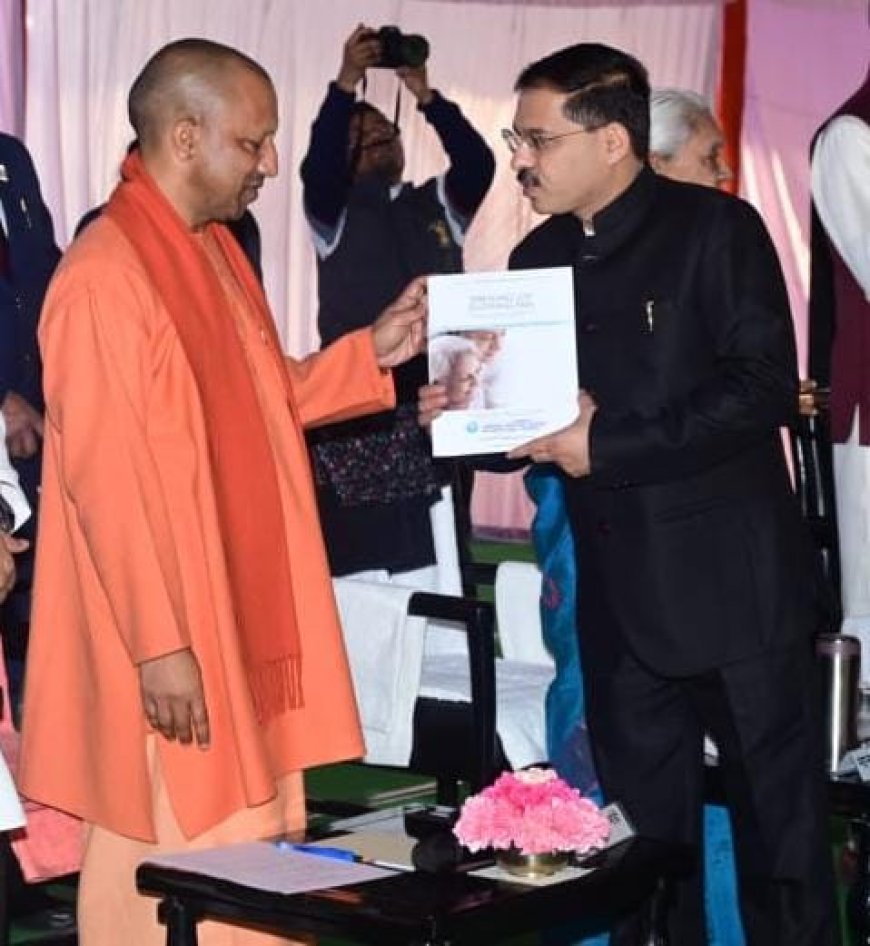
Our dream is to make Aastha a national model for elder and palliative care. We are currently in the process of expanding our infrastructure, to accommodate more patients, set up community outreach centers, and build a dedicated dementia village in the heart of Uttar Pradesh.
To make this vision a reality, we are actively seeking CSR partnerships and philanthropic support. Elder care is one of the most underserved yet urgently needed areas in our country. We invite individuals, companies, and foundations to walk with us, to not just build a hospital, but a movement of compassion.
We also plan to launch a training institute for geriatric caregivers and expand our home-care services to remote districts. With the right support, we can change how India cares for its elders.
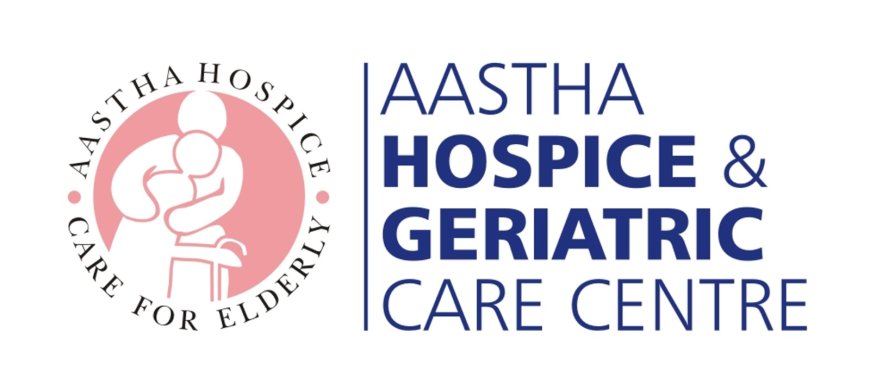
What's Your Reaction?









